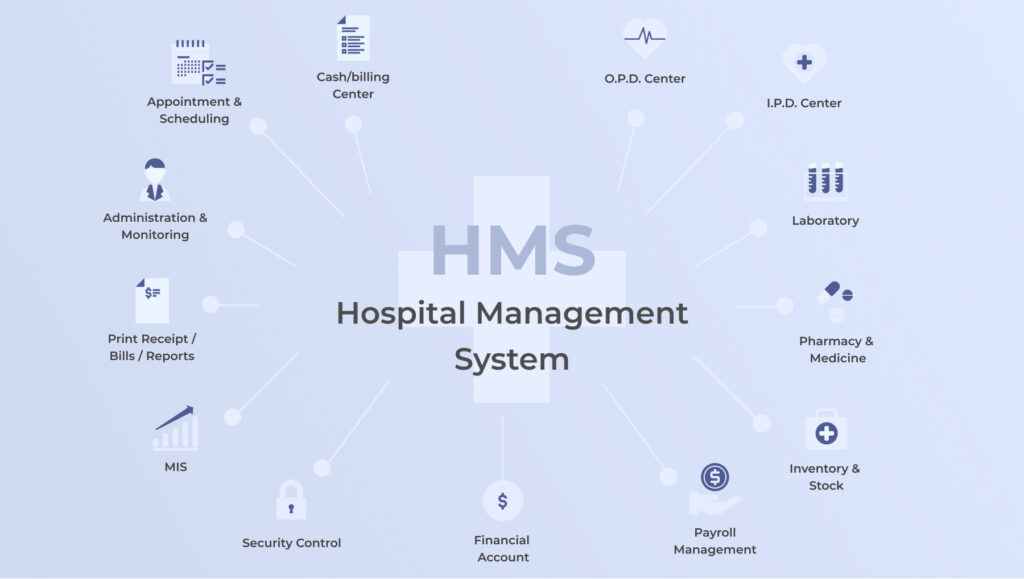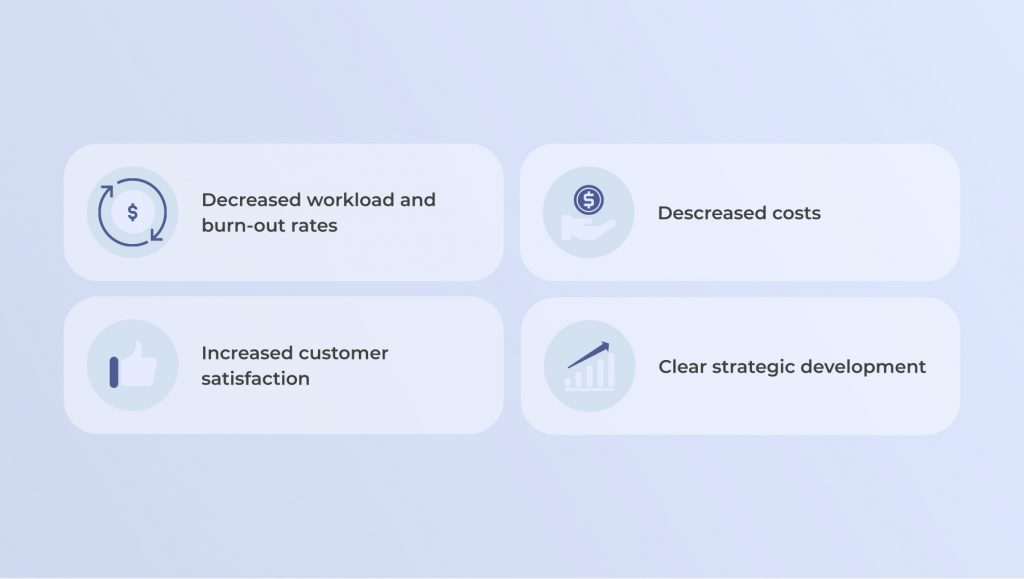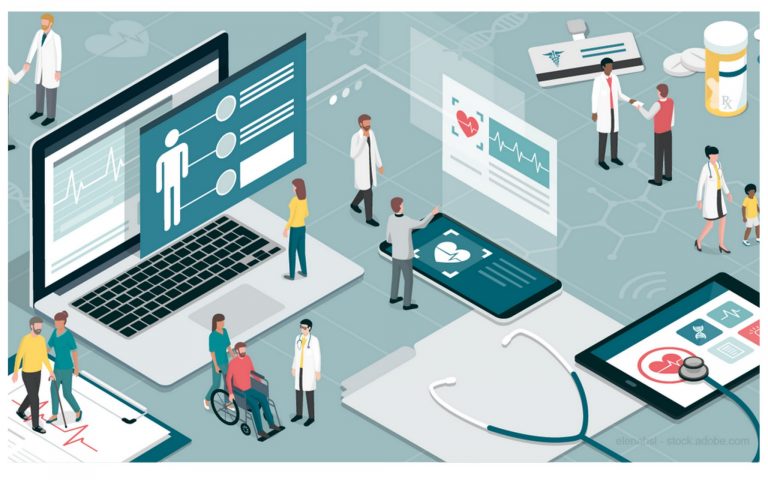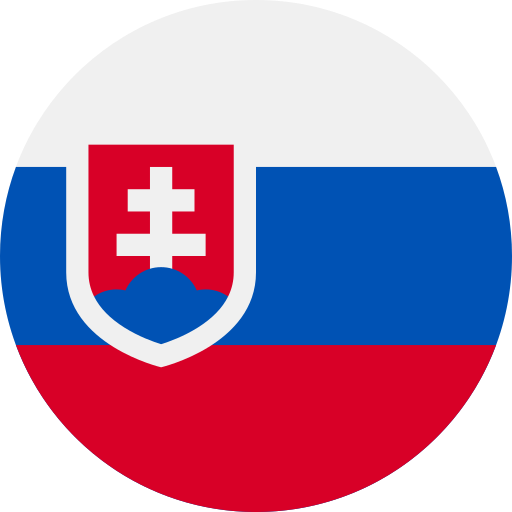The medical sector is characterised by a broad range of specialised applications, including patient record systems, billing management platforms, mobile medical interfaces, and comprehensive institution management tools. However, there is an all-in-one solution that is able to unite all medical applications to get the biggest workflow productivity and efficacy synergies.
A Clinical Governance System or Hospital Management system serves as a holistic digital platform, integrating all essential processes within a medical facility to ensure streamlined management across administrative, medical, and financial operations. This platform is designed to coordinate all hospital functions, offering a centralised system accessible both on-site and remotely.
This type of medical software aims to cover all internal processes and services by connecting all these activities in one system accessible anywhere and anytime. The clinical governance app is of great value for medical centres and patients in addition to being versatile and able to perform different tasks. Additionally, these apps provide a single database where all data is recorded and saved in the form of:
- Patient health documentation (diagnoses, test results, treatments, prescriptions, etc.);
- Finance operations (payments for medical services, invoices, etc.);
- Information about all medical staff (positions, responsibilities, contacts);
- Internal information about medical services.
Basically, the clinical governance tool can include any information and provide an option you need.
Components of clinical governance software
The filling of clinical governance software can vary as each medical organisation has individual requirements for the system’s functionality. Nevertheless, basic types of medical tools are integrated as part of the hospital management system.
Operational and tactical systems
These tools are responsible for operations performed with data. This type of software helps structure and save all vital information within one medical organisation for internal and external use. The operating system provides constant data accessibility and interoperability. There is no chance for mistakes in medical information as it can lead to negative consequences for both sides. This medical data can have different levels of access depending on user status.
Administrative apps
This component of the clinical governance solution implies gathering and recording all patient information in every detail, such as medical history, medications, treatment course, assistance, etc. Moreover, it is tasked with analysing this patient data and reporting on the efficiency of the chosen treatment course and medical services to a particular patient.
Subject-based tools
Subject-based tools are related to medical solutions with limited purposes. Digital governance apps convert all patient data into digital records. These apps’ main aim is to reduce or even eliminate the need for papers as they are hard to manage and easy to lose. This health information can also be shared, updated, or deleted in case of need, which is simple to do virtually.
Task-based systems
A task-based system is an entirely internal solution used for staff management. It is a virtual task manager where managers or supervisors can create and assign tasks to their staff. In turn, other medical workers get notifications about upcoming responsibilities and their descriptions, deadlines, etc. Due to app automation, these tasks will be prioritised by the system and assigned to suitable specialists.
Financial system
Medical billing tools connect providers (medical centres), patients, and insurance companies to make the payment process for medical services transparent and smooth for each party. This solution automates the process of claims creation and submission, getting invoices, and so on. All financial data is also recorded and accessible anytime needed, which takes it under control.
Features of the eHospital system
The clinical governance solution includes a wide range of features to be used by the hospital and patient sides. Have a look at the main function of each system below.

Electronic Health Records
The hospital software focuses on patients and their experience with a medical entity. Thus, any type of clinical governance tool has the option of patient registration to create their personal account to add further medical records. The digitalisation of health records makes them accessible, interoperable with other systems and facilities, and easy to change or delete.
Appointment booking
The clinical governance system is also suitable for usage by registered patients, mainly as a mobile application. They can effortlessly schedule a consultation with the needed doctor and book a certain time within an internal system. Thereafter, doctors get notifications about upcoming visits, and they will be sure not to forget or miss the meeting, as it can otherwise happen.
Additionally, patients also receive emails or SMS to remind them about their upcoming appointments. After the consultation, patients can also leave feedback about the doctor and mark if the consultation was helpful enough.
Mobile app for patients
As previously pointed out, patients usually need a mobile app to access the clinical governance app and its functionality. It will provide an easy appointment booking, notifications about the doctor’s visit or lab test results, a personal account with a medical history, doctor information, and e-prescriptions.
Billing management
Medical billing software is quickly gaining popularity among medical software systems. The number of daily financial operations performed within any given healthcare organisation is unequivocally large. Generally, the medical billing process is quite complicated as a medical centre should connect with patients and the insurance company to provide accurate bills and claims for medical services and ultimately receive payment for the services rendered. The billing management option automates this process and records all financial data on each user.
It is also of great help when it comes to paying taxes, counting revenue, running payroll, and so on. All these expenses are counted and paid out automatically while recording the whole history of payments. Thus, the need for expenditure of human resources decreases, and with it falls the probability of human error that can negatively impact the medical facility as a whole.
Medical billing software
You can also read more about the advantages of custom medical billing by the following link.
Doctors information
Along with patient data, doctors’ information should also be available, like:
- Specialisation and medical expertise;
- Education;
- Previous experience;
- Reviews;
- Awards, certifications, and achievements.
Hence, this information will facilitate the choice for patients as they can see what each of the doctors is about.
Inventory management
Medical centres also have a wide range of medical equipment for patient examinations, medications, and staff items. Commonly, the information about all equipment is noted in papers that can easily be confused or lost, which is unacceptable. The inventory management system gathers all information about available and taken items, including barcodes, quantities, state, expedited dates, etc.
Laboratory management
Laboratory management cannot accelerate the time spent on conducting laboratory analysis. However, it alerts doctors and patients about ready lab test results to diagnose and choose the treatment course as soon as possible. Moreover, the results are available within the clinical governance tool for patients and doctors to easily access this data at their convenience.
Statistics and reports
Statistics and reports are not essential, yet they are extremely useful and helpful features of clinical governance systems. Extensive analytics on finance, patients, and doctors’ information can be a source of invaluable insights that help the medical establishment develop. With well-tuned software, it is possible to generate wanted statistics and reports with just a few clicks of a mouse.
Maintenance and updates
Software systems require constant maintenance and updates due to end-user feedback about their usability and the need for improvements in their functionality. Basically, this task falls to the software vendor or the development team that helped you build and integrate custom clinical governance tools into your organisation. The second option is a better choice as you will have your personal support team that will always be ready to resolve any bugs and errors.
In the case of the use of ready-made clinical governance systems, you need to understand that the vendor can have hundreds of clients like you who need help; you’ve been waiting for support for quite some time, meaning that users have hitherto been deprived of it.
mHealth solution
Telemedicine apps can also be integrated as part of the clinical governance systems. Today, telehealth continues to develop and spread among clinical facilities all over the world. These healthcare solutions provide remote health monitoring and treatment for all kinds of illnesses. mHealth also offers virtual audio or video consultations with doctors, controlling health indicators using medical devices, round-the-clock support from clinicians, and many other options.
Benefits of the Clinical Governance System
Clinical governance enhances the productivity and efficacy of medical processes through its automation and optimisation. The solution can handle a range of challenges medical centres cope with every day, so here are the main benefits:

Bottom line
These days, you can observe the full digital transformation of the healthcare industry. Medical entities are actively looking for ways to adopt modern technologies to automate internal processes, improving their productivity and the general efficiency of medical services. Combining all computerised management software for hospitals in an all-in-one solution aims to provide higher internal operation efficiency, offering proper management and analysis.
Let’s discuss the details of our technical partnership to make the development and integration of custom HMS (clinical governance systems) into your smooth and resource-efficient workflows.






